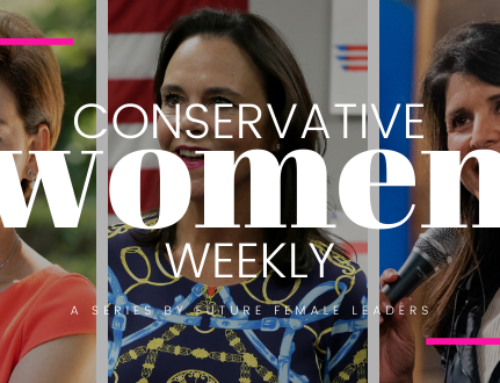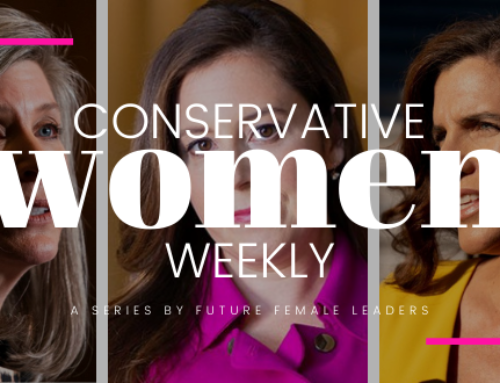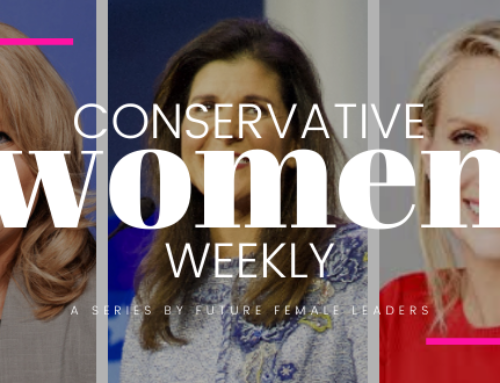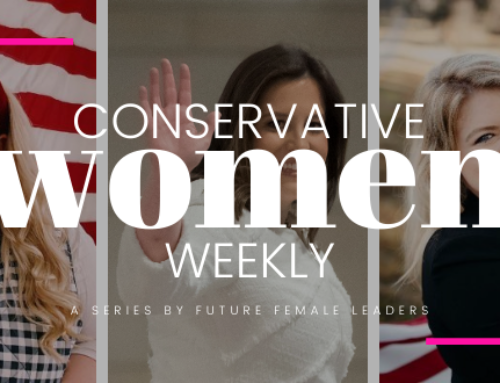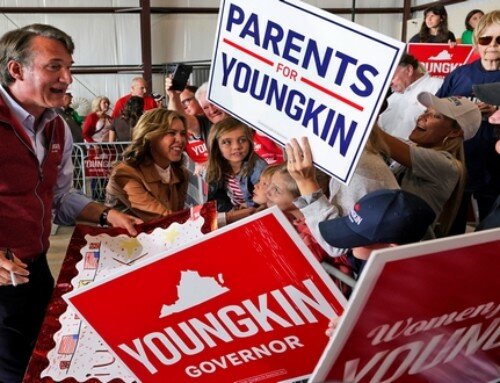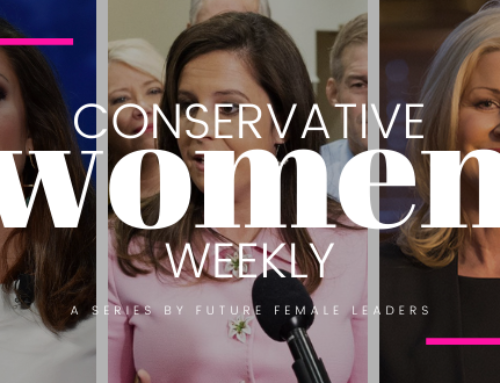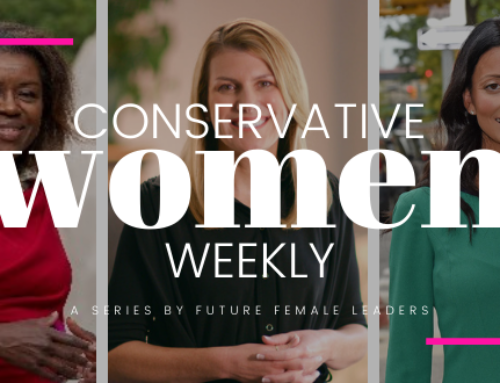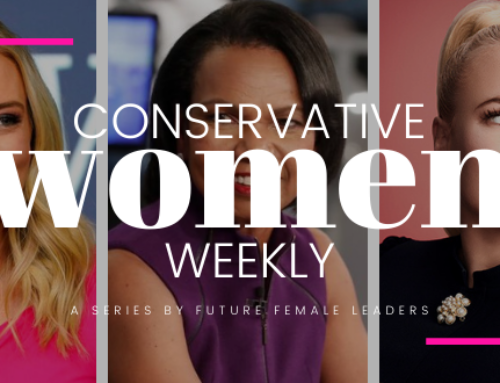Image Credits: REUTERS/Carlo Allegri
In my life before I was a librarian, I was a fact-check reporter. Let me tell you–the world is full of lies. All those memes about liberty, founding father quotes and Pepsi hacks your uncle shares on Facebook? Total lies, I’m telling you.
People think that fact-checking is all about politicians, but it’s mostly about memes. However, it being an election year, there are a good selection of fact checks about candidates, political issues, and fake news.
We all know that the left loves to fact check Trump. Trust me, he deserves it sometimes. No matter your party, you can appreciate when someone fact checks outright lies. However, the left also love to fact check Trump on his “exaggerations”–they’ll write something like “Actually, Mr. Trump, 96,000 people didn’t participate in that event, it was really closer to 94,000.” Then, they’ll mark a bit fat Pinocchio on the headline like they’ve really got him on that one!
So color me shocked *sarcasm* when I started looking for some fact checks on Joe Biden. Politicians lie, and they exaggerate, and you’d think that these eager-beaver fact checkers would be all over it. Unfortunately, nope. It’s a combination of his hiding in a basement, sure, but there’s also just a big empty space where all the candidate fact-checks should be on the left this election cycle.
But some do exist, and here’s what I found. We can all laugh about Joe Biden. You can swear you’d never vote blue, et cetera, but it’s important to be informed about the issues, his candidacy, and his platform. We can’t just caricature candidates. We have to know about them. Why not start with their lies, exaggerations, and missteps?
“The NAACP has endorsed me every time I’ve run.”
NAACP CEO Derrick Johnson said contrary to Biden’s claim, the civil rights organization does not endorse candidates. “We want to clarify that the NAACP is a nonpartisan organization and does not endorse candidates for political office at any level,” Johnson wrote May 22. “Persons affiliated with the NAACP at the national, state, and local levels are free to make candidate endorsements in a personal capacity, but they do not reflect support by the NAACP as an organization.”
“Nearly one in six small businesses have closed this year.”
This is basically accurate about closures overall, but only a small fraction are considered permanent. A U.S. Chamber of Commerce survey from late July found that 13% of small businesses were closed — but of those, only 1% were considered permanent closures, with the other 12% considered temporary. (That’s closer to one in eight.) Separately, the survey found that 23% of small businesses reported having temporarily closed at some point. About half of those had reopened by late July. And despite the vast majority of small businesses remaining at least partly open, 65% were concerned about having to close their business if the pandemic worsens.
On his pro-abortion stance
Biden said he had a “100% rating” from the abortion-rights group NARAL. That’s true of some of his years as a senator, but not all, as a line of questioning by Sanders pointed out.
On his previous legislation
Biden misleadingly claimed that he “did not” help write a 2005 bankruptcy bill that made it easier for credit card companies to collect debt, but decided it was better to work with Republicans to improve the bill because a Republican president was expected to sign it.
“McDonald’s (makes) you all sign non compete contracts that you cannot go across town to try to get a job at Burger King.”
Biden said McDonald’s workers sign employment contracts with language that blocks them for working for a competing fast food chain such as Burger King.
They don’t. A noncompete agreement prevents someone from working for a competitor. That was not the case. Any McDonald’s worker who quit to work at a Burger King is free to do that.
“You weren’t allowed to own a cannon during the Revolutionary War as an individual.”
Historians say they are doubtful that there were laws to bar individual ownership of cannons during the Revolutionary War period.” It seems highly unlikely that there were restrictions on the private ownership” of cannons, said Julie Anne Sweet, a historian and director of military studies at Baylor University.



